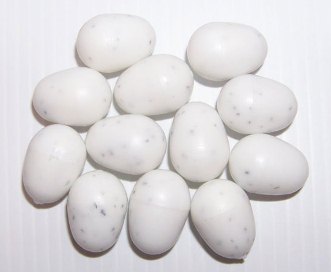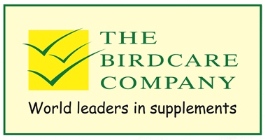Pet birds laying eggs - a common problem...

Firstly it should be remembered that egg laying is a natural function of being a hen. If the hen is fed properly she is unlikely to suffer any problems. If the diet is not adequate the dangers are egg-binding, prolapse and retaining the egg (possibly leading to egg peritonitis). All of these are potentially fatal so a good diet is very important.
The key nutritional issue is to ensure they have a good vitamin supplement and plenty of bio-available calcium. This is achieved by giving Daily Essentials (daily) and Calcivet liquid or Calcivet ON FOOD Powder twice a week (three times a week for greys and eclectus). When hens are laying increase the Calcivet to five times a week. Calcium will not stimulate egg laying but it will make it much safer.
Whether you supplement in the food or the water depends on what the bird is eating. If the hen eats egg foods or fruit and vegetables we would add Daily Essentials3 and Calcivet ON FOOD Powder to that food. If the hen is only eating dry seeds then we would use Daily Essentials1 and Calcivet liquid in the drinking water. Aviclens in the water is also a good idea to stop germs from growing. As a general rule we prefer on food supplements.
If you still want to reduce the egg laying here are some tips:
• Don't take the eggs away. Let her lay a clutch and sit on them. She will eventually get bored but whilst she is incubating she isn't laying.
• Feed a relatively low protein diet. Protein is a breeder stimulant.
• Shorten her day length by covering her cage or putting her in a dark room. Maximum 12 hours daylight.
• Don't make a fuss of her. Mutual preening makes you her sexual partner.
Above all don't panic! Egg laying is normal for hen birds, with adequate nutrition problems are incredibly unlikely.
